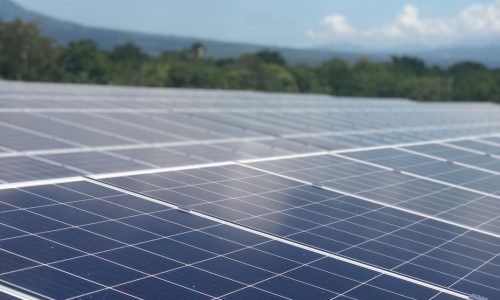DBS Indonesia has set an ambitious target for Indonesia’s economic growth, projecting it to reach 8 percent by 2045 over Indonesia’s status as a major economy with a Gross Domestic Product (GDP) exceeding one trillion dollars.
Over the past two decades, Indonesia has maintained an average economic growth rate of 5 percent, showcasing robust performance. However, this financial services group emphasizes that achieving the 8-percent target will be a significant challenge, requiring substantial investments and long-term planning.
“Achieving such rapid growth without causing widespread macroeconomic distortions will require enormous expansion and productive capacity,” Taimur Baig, Chief Economist at DBS Bank, said.
Baig cautioned that excessively rapid economic growth could lead to increased imports and current account deficits, rising inflation, and overheating in asset markets.
He cited the 1997 Asian financial crisis as an example of the dangers of too-rapid growth coupled with large capital inflows.
To meet the 8-percent growth target, Baig underscored the need for massive investments in transportation infrastructure, manufacturing, and electricity.
Additionally, significant investment in the education sector is crucial to develop a competent workforce.
“Jumping from 6 percent to 8 percent growth for an economy worth over a trillion dollars will require planning and realizing investments on a scale never before seen in Indonesia’s history,” Baig remarked.
For sustainable growth, Baig stressed that consensus across the political spectrum and among economic stakeholders is essential.
He also said that investor-friendly policies and comprehensive educational reforms are vital, while the focus must be simultaneously on financial, physical, and human capitals.
“All three must be considered together if the goal of 8 percenrt future growth is to be realized,” Baig concluded.









